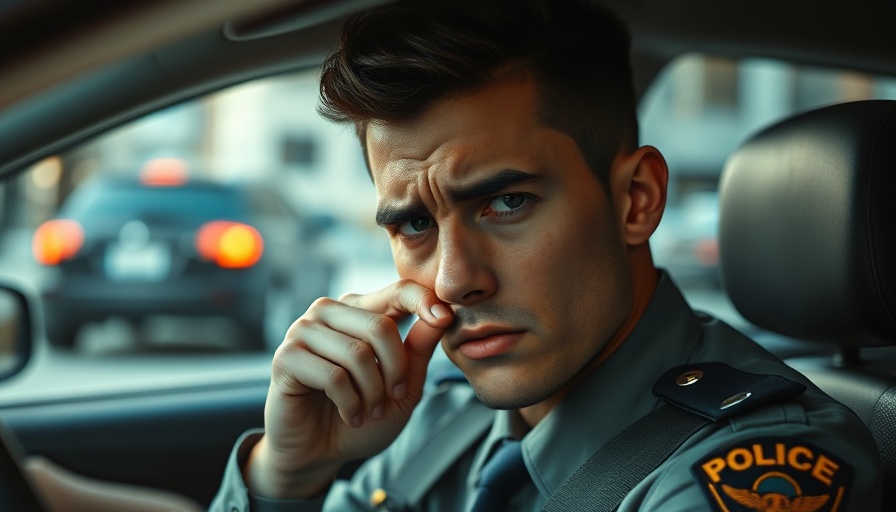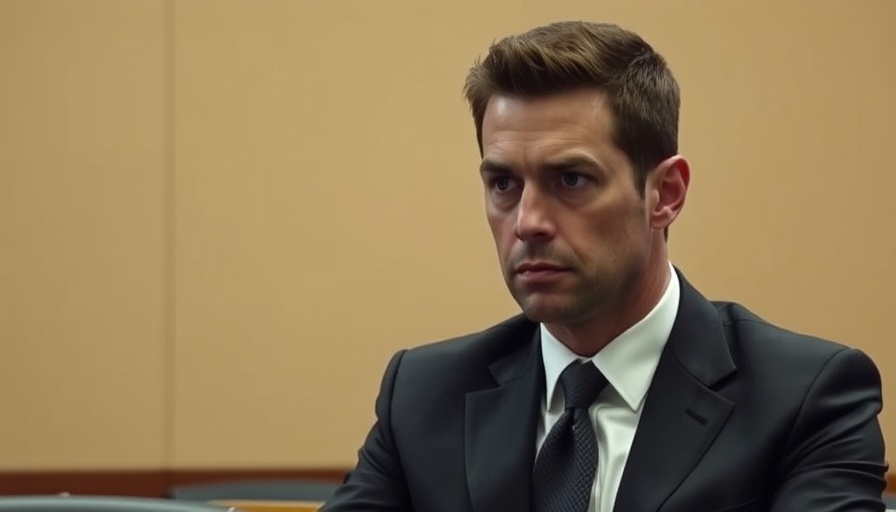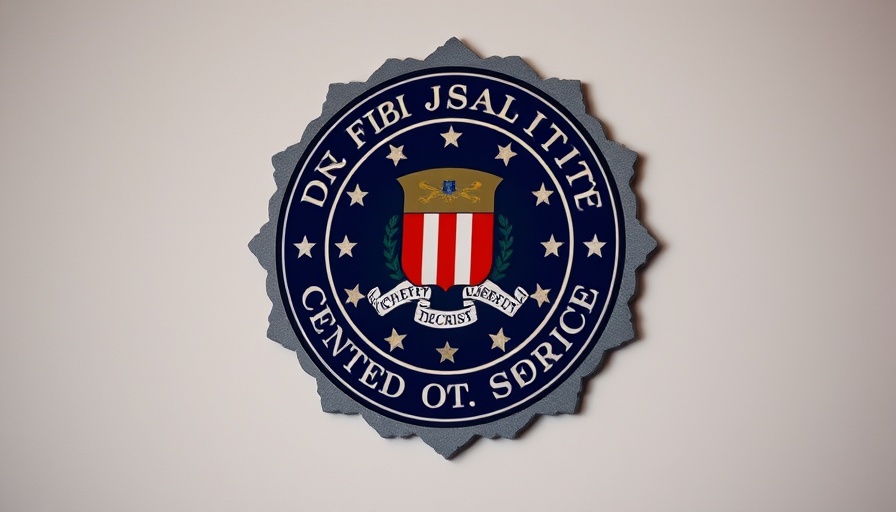
The Silent Crisis of Sleep Deprivation in Law Enforcement
In the world of law enforcement, the toll of sleepless nights is often overlooked. The profession, demanding and unpredictable, forces officers into a relentless cycle of awkward shifts and disrupted sleep patterns. This constant sacrifice not only jeopardizes their health but also their ability to serve and protect the communities they are sworn to uphold. Research suggests that the implications of sleep deprivation are much more significant than just feeling groggy; they pose serious health risks that can diminish an officer's efficacy in the field.
The Urgency of Addressing the Sleep Issue
Sleep deprivation is akin to a silent epidemic within the police force. Dr. Glenn Landry, a seasoned sleep expert, emphasizes that officers experience cumulative trauma that impacts their mental and physical health, exacerbated by insufficient sleep. As they face scenarios that would be overwhelming for the average person, the consequences of impaired sleep become more pronounced. A clear-cut statistic from a Carnegie Mellon study indicates that those getting less than seven hours of sleep were nearly three times more likely to catch a cold than their well-rested counterparts. This highlights not just the importance of sleep, but a call to arms for police departments to prioritize officer wellness.
The Connection Between Sleep and Public Safety
The implications extend beyond personal health; sleep deprivation can directly jeopardize public safety. A study featured in Dr. Matthew Walker's seminal work, "Why We Sleep," illustrates how even one night of poor sleep can drastically reduce immune function, raising concerns about the susceptibility of officers to stress-related health issues. When officers are functioning at subpar levels, the risks to public safety increase. Walking the beat after a severe lack of sleep can lead to errors in judgment, impaired response times, and ultimately, negative outcomes both for the officer and the community. As Dr. Landry poignantly puts it, functioning on limited sleep can render an officer more dangerous on the roads than the very impaired drivers they are attempting to apprehend.
Strategies to Combat Sleep Deprivation
So, what strategies can be implemented to counteract the detrimental effects of sleep deprivation among officers? Enhanced training programs focusing on sleep hygiene can be a start. Incorporating practices such as scheduled napping, mindfulness, and regular physical activity into their rotas can foster better sleep quality. These proactive steps are a component of a comprehensive officer wellness program, intended not only to address sleep issues but to promote a healthier lifestyle overall. Engaging officers in ongoing dialogues about the importance of prioritizing sleep can also aid in shifting perspectives about its value, ultimately improving their readiness to tackle the demands of policing.
Future Directions: A Call for Police Reform
The need for strategic reform in police departments becomes increasingly evident in light of these findings. Incorporating wellness initiatives, including mental health resources, into the fabric of law enforcement culture can foster an environment where officers feel supported in their well-being. Policymakers should take note: the connection between sleep, officer mental health, and effective policing cannot be overstated. As we look toward the future of law enforcement, the commitment to enhancing officer wellness not only serves the individuals but also builds public trust and accountability.
 Add Row
Add Row  Add
Add 

 Add Element
Add Element 




Write A Comment